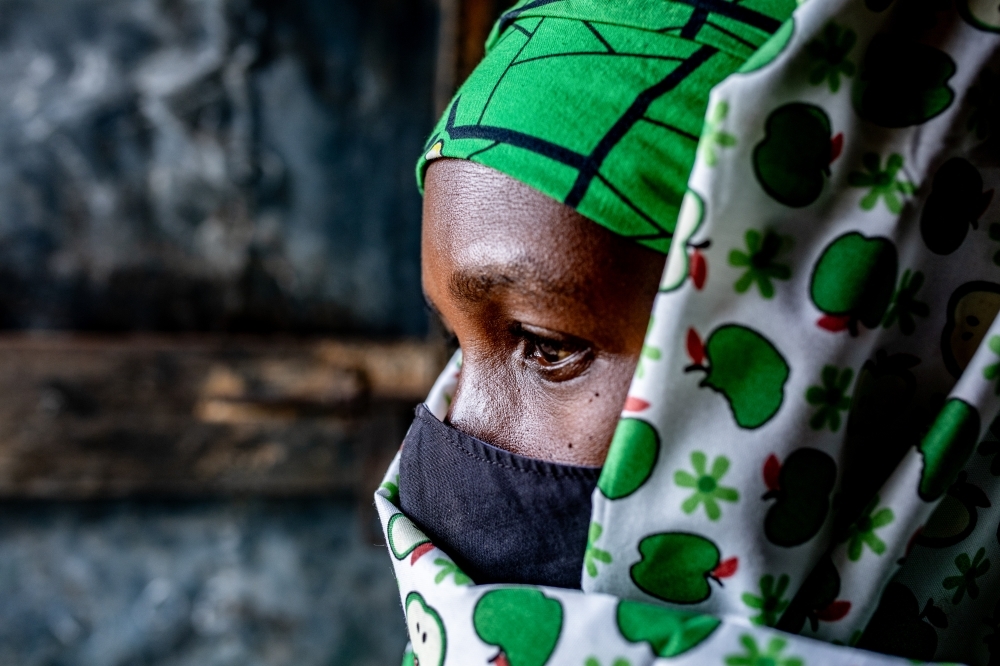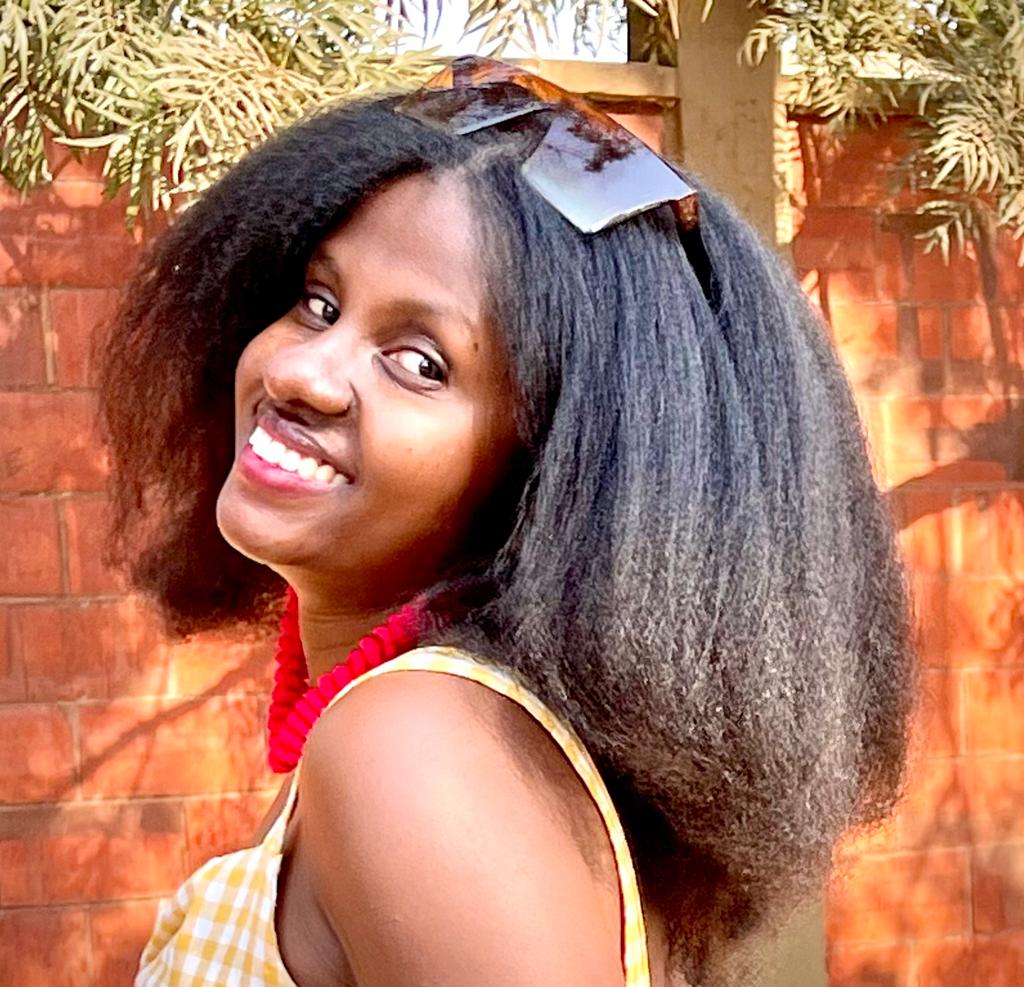

Have you experienced gender-based violence? According to the UN, gender-based violence can include sexual, physical, mental and economic harm inflicted in public or in private. It also includes threats of violence, coercion and manipulation.
ALSO READ: The pervasive reality of gender- based violence in Rwanda, globally
Gender-based violence can take many forms such as intimate partner violence, sexual violence, child marriage, female genital mutilation and so-called ‘honour crimes’. Honor crimes are acts of violence, usually murder, committed by male family members against female family members who are perceived to have brought dishonor upon the family.
Take the sad case of Beatrice Muhawenimana, for example. She was brutally murdered by her husband, Jean Damascene Ntezimana, in April 2018. At the time, she was seven months pregnant and had six children. To conceal his crime, Ntezimana dismembered her body, stripped the flesh from her bones, and disposed of the remains in a sack at Lake Mugesera, with other parts thrown in a toilet. He was found guilty and is now serving a life sentence.
ALSO READ: Taking action: How to support victims of Gender-based violence
Many women around the world, like Muhawenimana, fall victim to femicide – which is the intentional killing of women—due to various factors, including intimate partner violence, cultural beliefs that perpetuate male dominance, and inadequate legal protections.
Women are often seen as subordinate, leading to their victimisation. Economic dependency, lack of education, and limited access to resources further exacerbate their vulnerability. Addressing these issues requires comprehensive strategies, including education, legal reforms, and community support to empower women and challenge harmful norms.
ALSO READ: Community effort: Giving GBV victims the support they need
October is Domestic Violence Awareness Month, which aims to unite advocates across the nation to end domestic violence. In Rwanda, domestic violence or Gender-Based Violence (GBV) continues to negatively affect the well-being of women and girls, preventing them from fully participating in various spheres of society. Despite legislative advances, GBV remains pervasive and a harsh daily reality for many. Women and girls frequently experience multiple and intersecting forms of violence, including intimate partner violence, sexual violence, and early or forced marriages. The impact extends beyond individuals, affecting families, communities, and the economy at large.
According to the World Health Organization (WHO), violence against women, particularly intimate partner violence and sexual violence, is a major public health problem and a violation of women’s human rights. The UN health agency estimates that globally, about one in three women (30 per cent) have been subjected to either physical or sexual intimate partner violence or non-partner sexual violence in their lifetime. Most of this violence is intimate partner violence, with almost one-third (27 per cent) of women aged 15 to 49 who have been in a relationship reporting that they have been subjected to some form of physical or sexual abuse by their partner.
In Rwanda, those who experience abuse or GBV can seek immediate help through various toll-free numbers:
Call Rwanda National Police to report child abuse
Child Abuse: Call 116 to report child abuse. Rwanda National Police (RNP), in partnership with World Vision Rwanda, established a ‘Child Helpline’ located at the RNP Call Centre in Kacyiru. The helpline can receive up to 30 calls simultaneously, and all reports are well-recorded for future reference.
Between 2021 and 2024, 15,497 child abuse cases were reported, including 5,143 cases in 2021-2022, 5,296 cases in 2022-2023, and 5,058 cases in 2023-2024, according to the Rwanda Investigation Bureau (RIB).
Isange One Stop Centres
Isange One Stop Centres (IOSC): Dial 3029 to access services from Isange One Stop Centres, which offer free, 24/7 support to victims of GBV. Launched in 2009 by the Government of Rwanda and ONE UN, through UN Women and UNFPA, the centres provide a holistic, multidisciplinary response to victims, including medical, legal, forensic, psychosocial, and safety services. Patients are treated by medical doctors and nurses, with stable patients transferred to other services or referral hospitals as needed.
Domestic Violence or GBV: Call 3512 to report cases of GBV.
In emergencies, the Rwanda National Police can also be contacted at 166.
Haguruka
Haguruka: For legal and psychosocial support, contact Haguruka at 0788 300834 or 4311. The organisation works to defend and promote the rights of women and children.
RWAMNET
Rwanda MenEngage Network (RWAMNET): Call 0788 315 140 for assistance in promoting human rights, preventing violence, and encouraging health-seeking behaviour.


